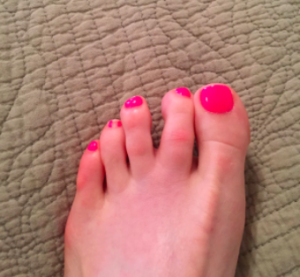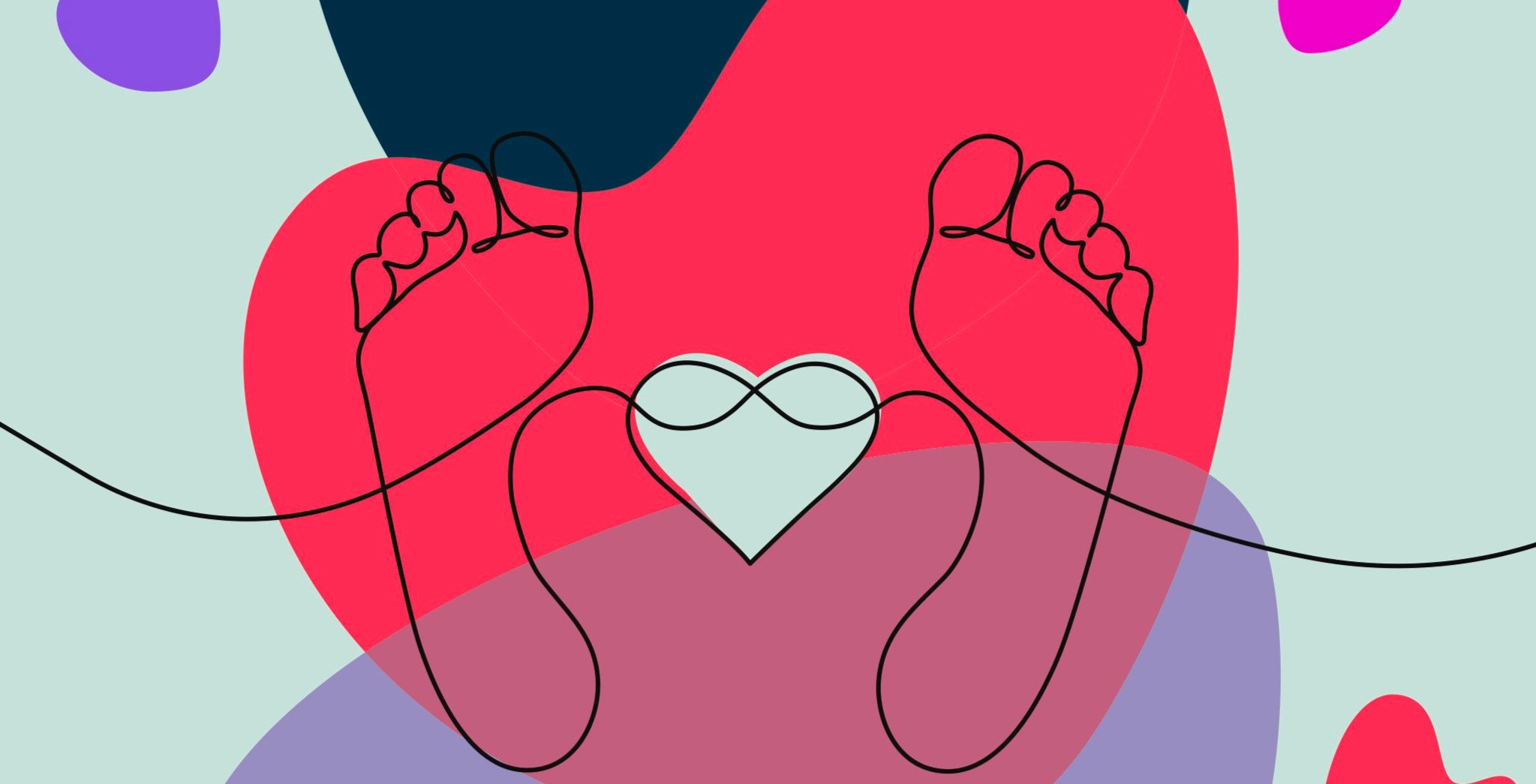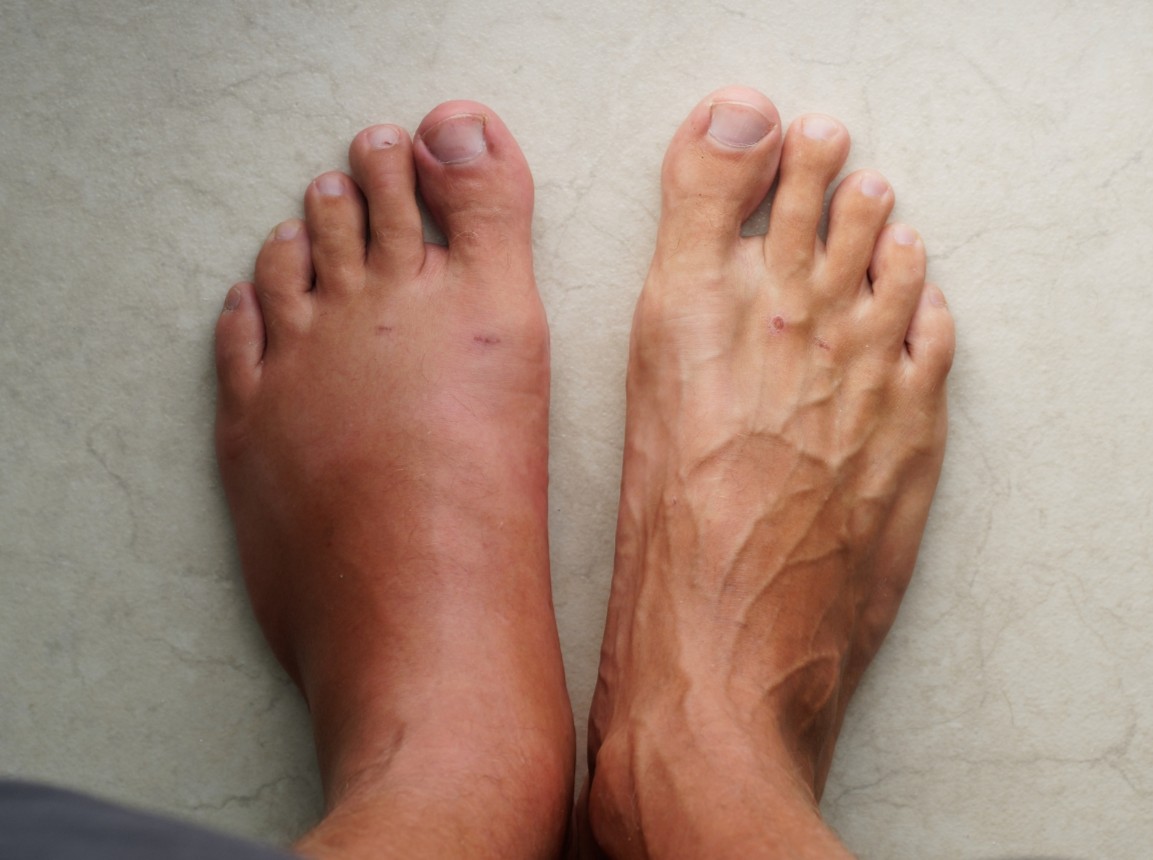Plantar plate tears describe the injury to the plantar plate ligament which runs across all of the toe joints at the ball of the foot. The plantar plate ligament is a thick band which attaches to and connects all five toes. Some of its functions include:
 Plantar
plate tears are usually a result of overloading the ball of the foot. As the second metatarsal is often the longest, it is usually affected.
Contributing factors can include:
Plantar
plate tears are usually a result of overloading the ball of the foot. As the second metatarsal is often the longest, it is usually affected.
Contributing factors can include:
While plantar plate tears are one of the most common causes of pain at the second toe joint, they can affect any of the toes. Symptoms can include:
Treatment initially focuses on managing the painful symptoms. This can be achieved with rest, ice and the use of anti-inflammatories where are appropriate. Treatment then focuses on facilitating the repair of the plantar plate and addressing the cause. This may include:

Valentine’s Day is about love, appreciation, and thoughtful gestures but let’s be honest, most gifts don’t last longer than a week. This year, choose something different. Choose a gift that offers comfort, confidence, and real care: a Medical Pedicure.

We’ve all had those days — you come home after hours on your feet, kick off your shoes, and notice your ankles look puffier than usual.
Swelling in the feet, ankles, or legs (known medically as edema) isn’t always a reason to panic. It can be as simple as a
salty lunch or a long flight.
But what if it’s happening more often — or seems to be getting worse? Swelling can sometimes be a sign of something more serious. Here’s
what could be going on and when to check in with your doctor.
Keeping your family on their feet and helping them to walk, run, play and exceed their goals is why we love getting up in the morning.
Ground Floor, One Health Building
122 Remuera Rd, Remuera
Auckland 1050, New Zealand
| MON - FRI | 7:30am – 6:30pm |
| SAT | 8:30am – 4:30pm |
| SUN | Some availability |
Make an Appointment
Online Schedule
Our virtual receptionist is available 24/7 to help with general questions, booking requests, and clinic information, even when our team is busy, or it's after hours.
Whether you're calling us or using our website, you'll get fast assistance any time of day. And if your query needs a personal touch, a member of our team will follow up as soon as possible.
If you’d like to see a podiatrist who speaks your preferred language, just give us a call and we’ll help you book.